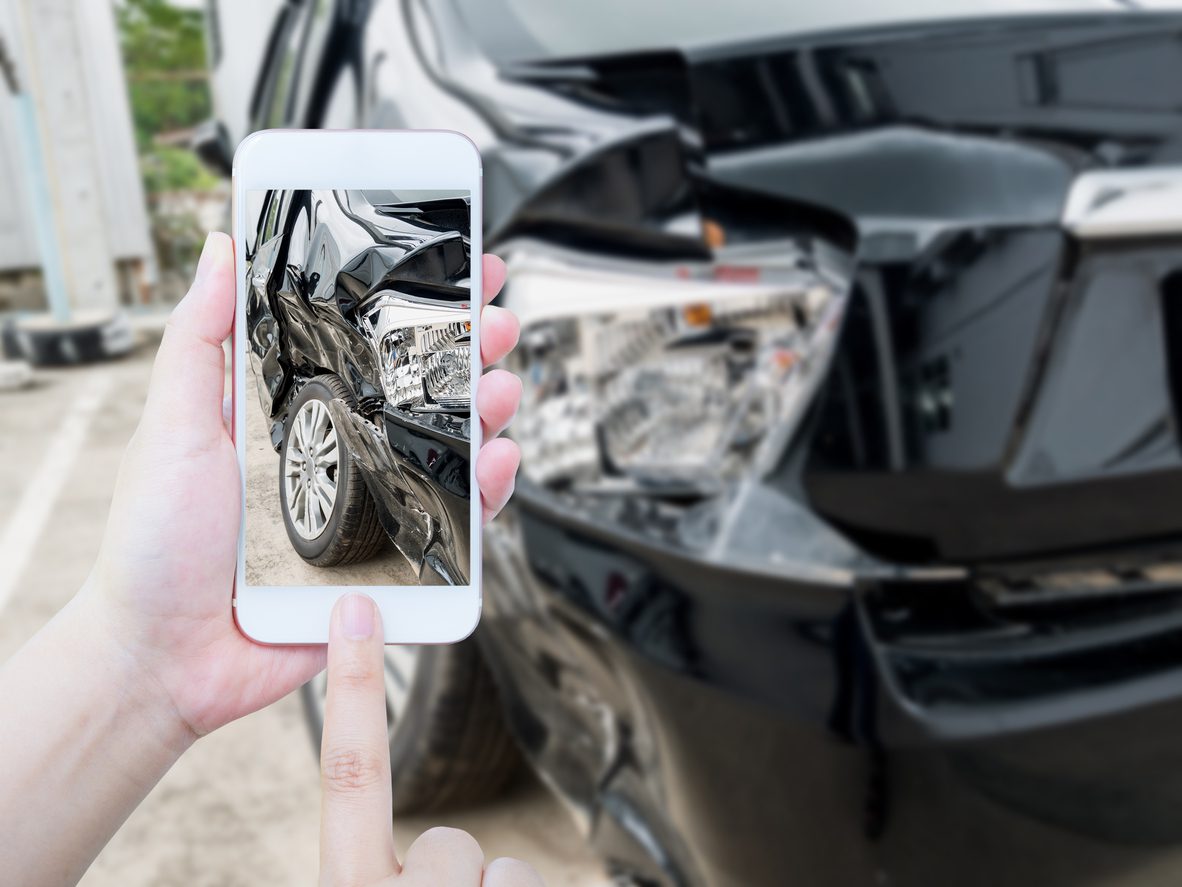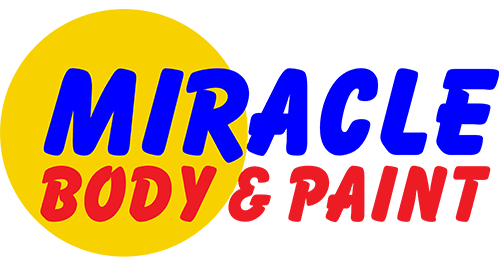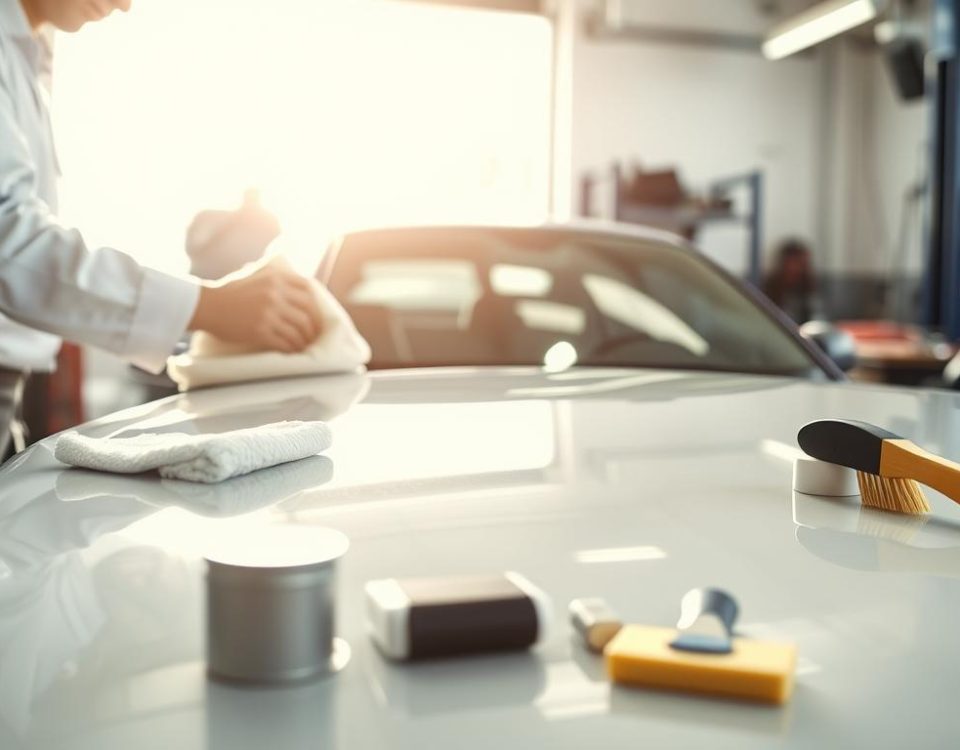
Prepping for Your Next Winter Road Trip

Hidden Damage in a Front End Car Accident
Aftermarket parts are an option for people who do not wish to pay a premium for OEM parts. These parts are made for a particular make and model and meet the manufacturer’s specifications. They come with a warranty. OEM parts are more expensive than the aftermarket. Consequently, using OEMs can result in a repair bill that is substantially higher than the car’s pre-accident value. Not all OEMs are available at car dealerships. OEMs may not be readily available for older vehicles.
Can aftermarket parts be replaced after a car accident?
Aftermarket parts are often cheaper than original equipment, but they are not always suitable replacements for a damaged vehicle. In Pennsylvania, for example, the insurance department allows the use of aftermarket parts to repair collision damage. These parts do not replace the original parts and they don’t restore the vehicle’s pre-damaged state. According to autobody repair expert Vince Smith, who owns Biery’s Port Bodyworks in Catasauqua, Pennsylvania, aftermarket parts are equivalent to a cheap imitation of a Rolex. However, there are instances when generic parts may be appropriate, such as when insurance is not available.
Does the insurance company need to purchase new parts?
It’s important to understand that your insurance company doesn’t have to use new parts if you are involved in a car crash. They can only use high-quality parts that will restore your vehicle to its original condition. They can use OEM parts or aftermarket parts.
It all depends on your policy. Sometimes, aftermarket parts are acceptable if they are less expensive. Your insurance company may also require OEM parts. It is a good idea, however, to ask your insurance company if they prefer OEM or aftermarket parts.
When your car needs new parts, you can ask the insurance company for an estimate. While they will most likely give you a repair estimate that is based on OEM parts only, they may also offer an estimate that uses aftermarket parts. There are laws in some states that regulate the use and estimations of aftermarket parts.
Does the quality of aftermarket parts compare to OEM parts?
Although aftermarket parts can save you money, they’re not always as good as the original parts. You should evaluate the reputation of both the seller and their relationship to the manufacturer. You should also ensure that the auto body shop you choose works with OEM parts. Your warranty could be invalidated if you do not. To avoid such problems, it is important to get multiple quotes.
Aftermarket auto parts have been a source of controversy for some time now. Insurance companies and auto manufacturers both claim that non-OEM parts pose a safety threat and are inferior. The Insurance Institute for Highway Safety argues that there is no evidence that non-OEM parts can be any worse than original equipment.
Although aftermarket parts aren’t as reliable as OEM parts, they are still an excellent choice if you are involved in an accident. Aftermarket parts are often cheaper and compatible with OEM parts. However, it may take some extra effort to find the right ones. OEM parts are more durable and come with a warranty.



